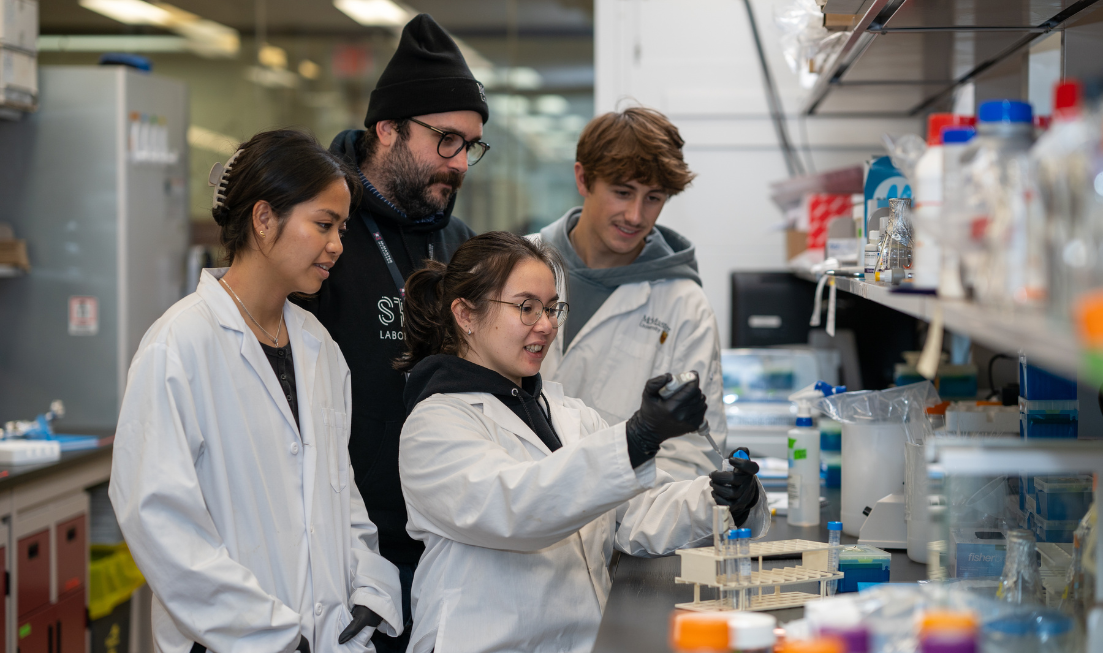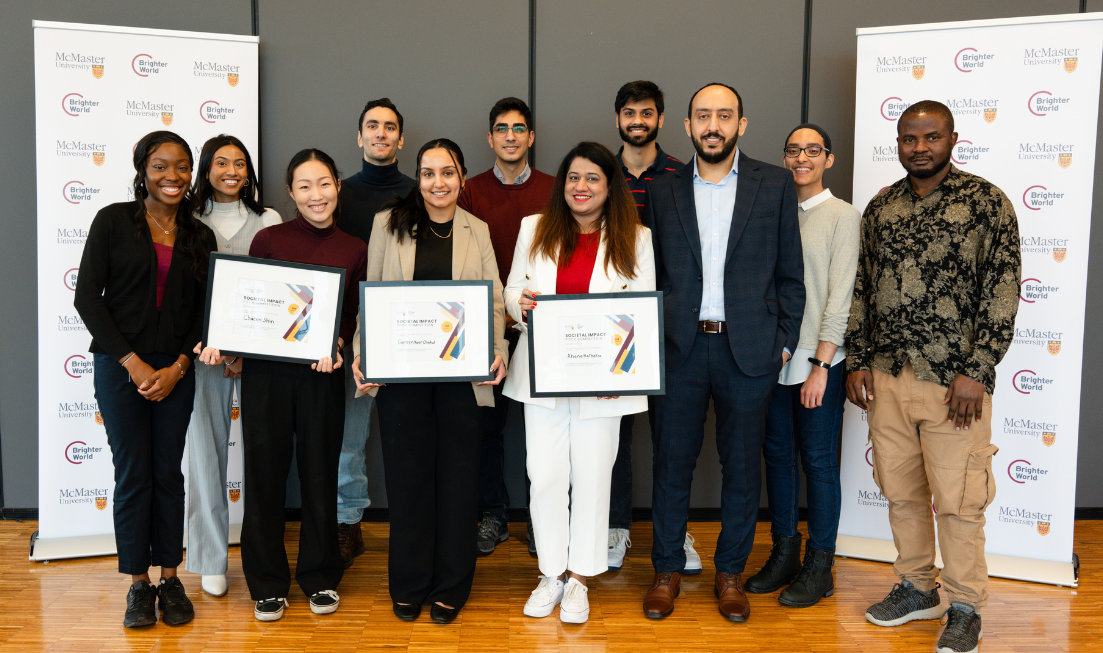When Disaster Strikes, Medical Teams Should be Creative and Innovative, Global Health Grad’s Research Finds

Recently published research by MSc Global Health program graduate David Oldenburger highlights that certain characteristics – like creativity and the ability to improvise – improve the effectiveness of medical teams responding to disasters.
“Disasters present unique challenges for teams providing medical assistance to the people affected,” explains Oldenburger, whose scoping review Characteristics of Medical Teams in Disaster has been published in the journal Prehospital and Disaster Medicine.
Oldenburger, who co-wrote the article with Andrea Baumann, Associate V-P, Global Health, and Laura Banfield, Health Science librarian at McMaster University, explains that in order to provide the greatest level of support, disaster response teams must rely on effective teamwork.
“With this research we wanted to explore the characteristics of medical teams, and how those characteristics are developed,” he says.
The result is a review of over 6,500 articles that identifies recurrent themes, including adaptability, flexibility, and improvisation; creativity and innovation; experience and training; and leadership and command structure.
“Given that the overall literature in this area is pretty weak, we’re hoping that the study can be used to guide future research and training development for medical teams in disaster,” says Oldenburger.
Currently, Oldenburger and Baumann are reviewing literature related to health teams, investigating how the different characteristics and elements of teamwork vary across teams in different settings.
Global Health News
Related News
News Listing

Daily News ➚
McMaster earns top spot for graduate student research intensity in annual rankings
Global Health News
December 9, 2024

December 4, 2024

McMaster University (Global Health) and the University of Global Health Equity (UGHE), Rwanda Sign a Memorandum of Understanding (MOU)
Global Health News
November 28, 2024
